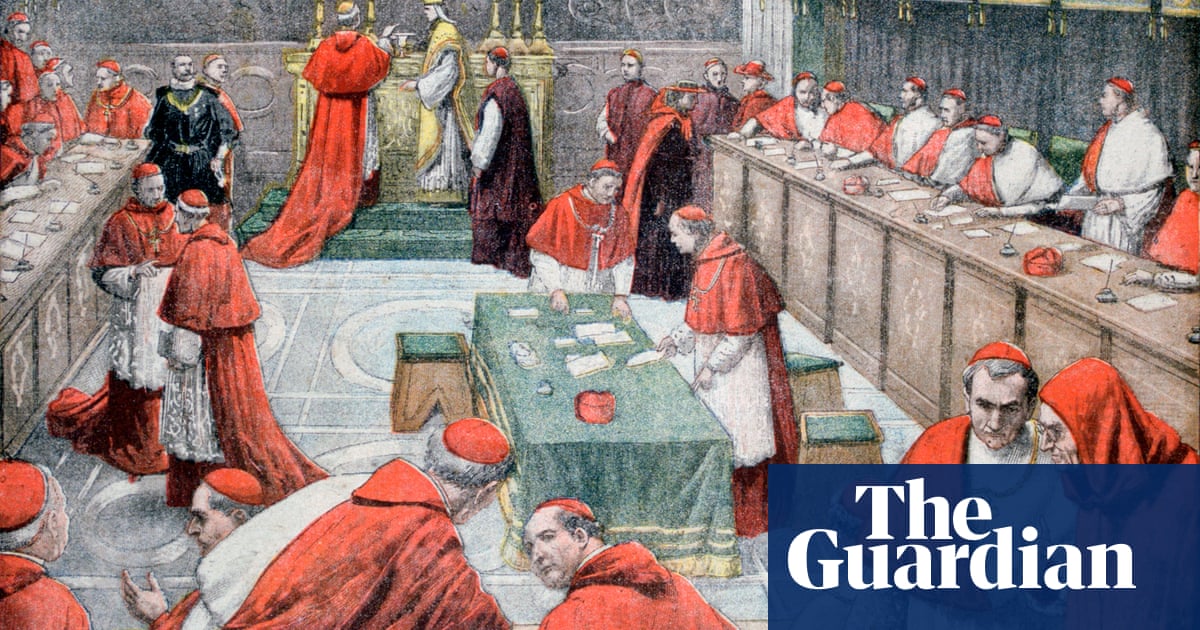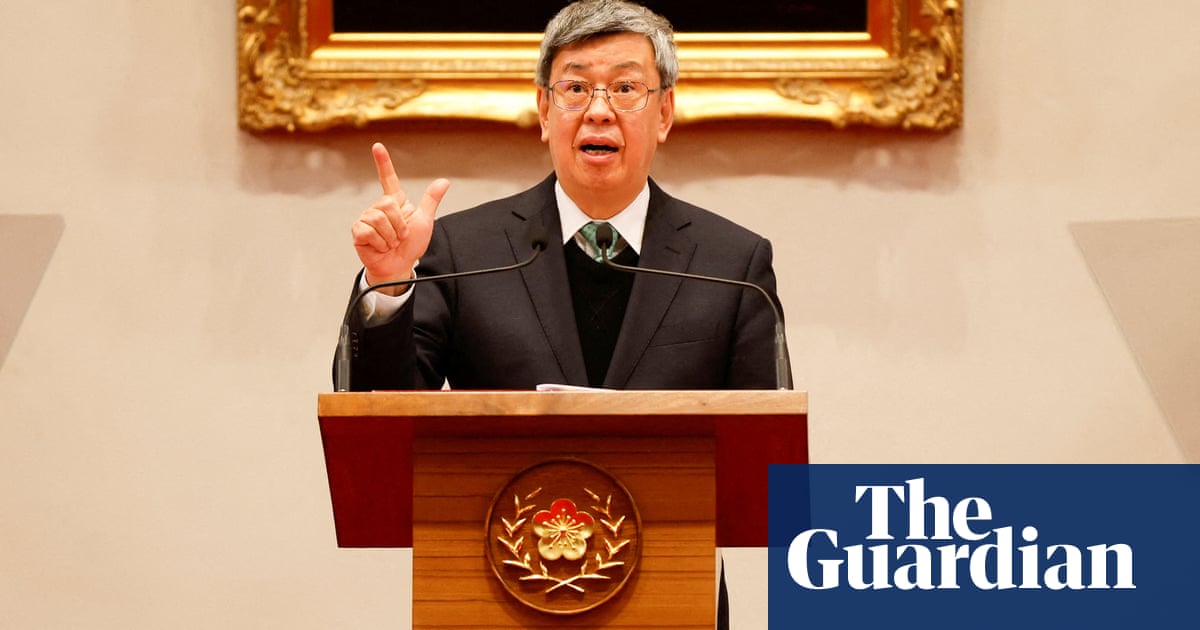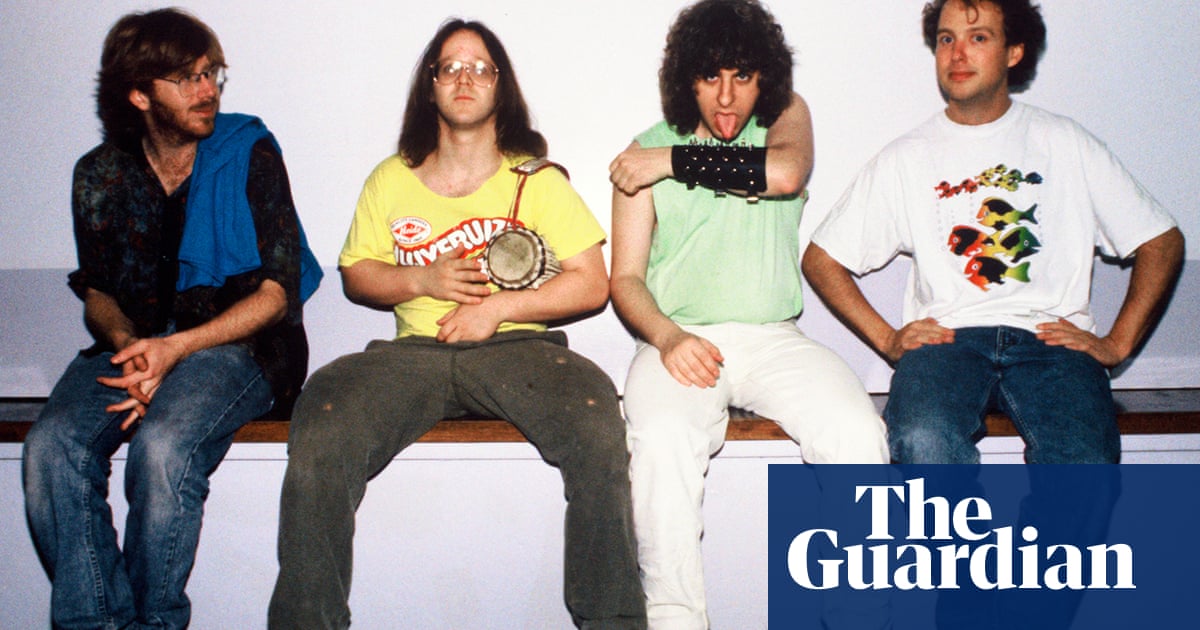To paraphrase Bishop Berkeley’s famous empiricist thought-experiment: if a legendary over is bowled in a game that isn’t televised, did it really happen? The answer is: yes, Bish, it happened. In fact, Geoffrey Boycott still remembers punching a 150kph throat ball toward Joel Garner in the gully. But, unless you happened to have been watching Tony Francis’ two-minute despatch on News at Ten on Saturday 14 March 1981, it would have slipped past your attention that Rishton’s new pro, Michael Holding, had relocated Geoffrey’s off stump 20 yards nearer the press box. Which, if you were one of the Lancashire League’s top-order batters, might not be a bad thing to have slipped your attention.
Nevertheless, if they hadn’t seen the recent Barbados bombardment, they will have had vivid memories of Andy Roberts’ and especially Mikey’s Old Trafford brutalism from five years earlier: Holding roaring in off the boundary, the 45-year-old Brian Close now jerking his combover away at the last second from the hard red missile, like a stuntman avoiding a punch, now chesting it away to point like Niall Quinn playing in Kevin Phillips after a long diagonal from full-back, eventually walking off with a torso resembling a Rorschach Test – heavily bruised, yes, but not out.
“Closey got one run in 59 minutes and had the shit knocked out of him,” recalls Pat Pocock. “He was in a terrible state when he came in. I had got in as nightwatchman in the first innings [on day one] and I didn’t get out that night. Next morning, I’m walking out with John Edrich and he asked me, ‘Which end do you fancy?’ I told him I’d have Andy Roberts’ end as he was a bit of light relief. John pisses himself laughing: ‘I tell you now, if Andy Roberts is light relief then we’ve got problems.’” Yep, the 1981 season promised to be a challenge for the hardy amateurs of east Lancashire’s mill towns.
So much so, in fact, that Ian Bell, the 21-year-old opening bat at Ramsbottom, Rishton’s first opponents, decided to retire on the eve of the season, calling the hiring of Roberts by Haslingden and Holding “a retrograde step” – this in a league with a lineage of West Indian speedsters (not to mention Ray Lindwall, Dennis Lillee, Frank Tyson and others) running from Learie Constantine and Manny Martindale through Roy Gilchrist, Chester Watson, Wes Hall and Charlie Griffith, who in 1964, en route to a league-record 144 wickets for Burnley, was rumoured to have sent 37 people to hospital.
When Rishton played them in the Worsley Cup final that year, a jar of laxative tablets was found in their dressing room, which they promptly launched out of the window before going on to win the game. “I just don’t fancy playing against bowlers such as Holding and Roberts,” Bell told the Lancashire Telegraph. “I will be getting married in the summer and I have other responsibilities in addition to playing cricket. I want to feel that I will be at work every Monday morning in a fit condition.”
It’s fair to say there were a few nerves jangling about on Easter Sunday – a few prayers as Ramsbottom opener Peter Ashworth scratched out his guard and looked up into the distance to see the lean and mean 27-year-old Jamaican standing at the top of his run and preparing to send down his first ball in Lancashire League cricket. His partner, Mick Everett, a police sergeant in Bury who had knocked off from his night shift at 5am, was glad to be getting a look at one. Hallelujah.

Adding to the air of anxiety was the Ramsbottom committee’s unprecedented investment in three brand new, plum-coloured helmets, along with assorted padding, which could either be seen as confidence-building tools or as starkly tactile reminders of the impending physical jeopardy. The procurement of these various bone protectors formed the main through-line in Saturday’s Rossendale Free Press – the weekly newspaper covering Rammy, Haslingden, Rawtenstall and Bacup – which ran its preview under the headline: “Enter the Tin-Hat Brigade.”
After noting the purchase of the new £50 helmets, the correspondent observed: “There will be a number of well concealed chest and thigh pads among equipment. Some players could find it difficult just walking to the crease! But now the talking has to stop. The action is about to start. And, to be fair to these world-class cricketers, let’s just give them a chance to get on with the job that they’re being paid (handsomely) to do. It is so easy to prejudge. Surely, players of their calibre have no need to stoop to any intimidatory tactics? Flying deliveries won’t get many wickets but they could result in one or two sore heads. Captains and umpires will, hopefully, keep a close watch on the situation.” The tone was wary – the fears and pre-emptive bargaining of a village that had spotted hordes of barbarian invaders on the horizon.
Four days earlier, Holding had been playing the final day of the Jamaica Test in 32C heat. He flew into London with the England squad on the Friday, from where he was collected the next day by Wilf Woodhouse, owner of a shop on Rishton High Street that rented TVs and top-loading video recorders. The Rishton chairman, evidently, was a gifted salesman, coaxing Holding to the village for a summer’s work when he was near the top of many counties’ shopping lists.
Woodhouse had approached his man during the previous summer’s Old Trafford Test, impressing with his passion and energy, as Holding would later recount in his autobiography No Holding Back: “Wilf was very enthusiastic; I liked that. He told me that the standard of cricket was good and I would not find it a chore. He said that Rishton would pay me £5,000 for the summer. In those days that was a lot of money, especially for playing at weekends only. After discussing it further I thought, why not?” Holding left his job in the Central Data Processing Unit of the Jamaican government and took his “first venture into professional cricket outside West Indies”.
Woodhouse would also loan Holding to Lancashire for what turned out to be seven first-class and seven List A matches that summer. They had tried to sign Holding in 1977, only for him to return to Jamaica to complete his degree, and would pay Rishton a fee for his services as well as provide insurance coverage should he pick up an injury on county duty – although the chances of this were diminished by having his West Indies skipper, Clive Lloyd, in the captain’s chair at Old Trafford. The loan fee wasn’t the only benefit of the arrangement, either. Holding’s new-ball partner at Rishton, Barrie Hill, a purveyor of little in-swinging floaters, was carrying over a troublesome shoulder injury from the previous summer and as a deal-sweetener he would receive treatment from the Lancashire physio.
When Woodhouse and Holding pulled on to Rishton’s Blackburn Road ground that Sunday lunchtime there were already around 2,000 spectators there, the biggest crowd since the days of Hall and Griffith almost 20 years earlier and 10 times the average of the previous few seasons. But then, this was the fastest bowler in the world – an action that was pure liquid, the most sublime cricketing spectacle of the age – and he was at the peak of his powers. Of course they flocked in. Besides, the pubs shut at 2pm, whereas the cricket club didn’t.

The gate of £850 (around £3,175 in today’s money) already meant that 20% of Rishton’s outlay had been chalked off. Canny bit of business, Wilf. Membership had almost doubled to 700, which was very welcome with work ongoing on a new £60,000 clubhouse. Holding Fever had arrived, so much so that the 1,200 meat pies the club had bought in for the day were gone before the tea interval, forcing club secretary Harry Crabtree to head off in search of more.
“We’ll need a lot of meat and potato pie nights to pay for yon lad,” observed one Rishton ultra. The pie consumption might have been connected to the nippy April weather, a chilly 12C, with spectators hunkered under blankets, which wasn’t the case at Sabina Park earlier in the week.
Cold or not, Holding Fever had also drawn film crews from the BBC and Granada TV, who busily conducted their David-and-Goliath interviews with the Ramsbottom players. A phalanx of national press were there, too – Telegraph, Times, Sunday People – and the previous evening Woodhouse had told the Guardian: “A man of Holding’s abilities should find this a piece of cake. But he will be under pressure to get us the wickets. Rishton have been third these last three years. We want to win the league and the cup, so we went for the best.” Lemon squeezy.
Rishton lost the toss and Rammy opted not to get stuck straight into the batting, hoping the temperature might drop another muscle-stiffening degree or two before their turn came. The pitch had spent three Sisyphean weeks under covers and the winds were biting, but the hum of excitement could not be muffled. Alas, the home side’s batting was unable to rise to the challenge of the grand tour’s opening night, and Holding’s 26 – featuring one six out of the ground, which became something of a motif – was the top score in a disappointing effort. His wicket was taken by Andy Taylor, a private in the Royal Transportation Corps in Hull, back home on leave for the weekend and fresh from football in the morning. No send-off was proffered. Rishton subsided from 98 for five to 108 all out. And then it was time. How’s your ticker?
“He did not start his run-up across the main road or on Rishton Station as some comedians in the clubhouse had suggested,” observed the Lancashire Telegraph. “He took 17 giant strides from the sightscreen and several times tried a shorter run.” Peter Ashworth survived physically intact, but contributed just three to a run-chase in which Holding’s figures after an eight-over opening burst – four off the longer run – were none for 21. The Sunday People described him as “hampered by jet-lag, two sweaters, a bitter wind, no proper total to bowl at, and stiffness from his winter chore of cleaning out Boycott and Gooch.”
On the eve of the match, Sergeant Everett had told the Guardian that his aim was simply to “pick up one four off the meat of the bat”, and this he did as he and Mark Price took the score to 58 for one before the latter was run out for 23 by a direct hit from Holding at cover. At 70 for two the game looked as good as won, but Holding returned to clean up Everett up for a valiant 30, made over what he called “90 wonderful minutes” and at the cost of one thumbnail. Holding had needed 70 deliveries to take his first Lancashire League wicket, 19 more than his Test strike rate, and when it came he raised his hands to the heavens in salutation.

Runs thereafter were dragged from the depths of Rammy’s doggedness and, despite a wobble from 93 for four to 94 for seven, they managed to scramble over the line. Maurice Haslam struck the winning four off Mikey, a moment taking pride of place on the mental mantelpiece. “Holding, though very fast, was never vicious,” reported the Lancashire Telegraph. “He bowled fairly and won respect and admiration when he did not allow the pressure to drive him to send down bumpers.”
Price reflected on “the best day of my cricketing life” (there are 23s and 23s) while Everett told the Bolton News: “It is something you cannot describe. I set my stall out just to survive and help the team win. When I first went out my nerves were really bad but once at the wicket I just concentrated on batting. He was nippy, particularly early on.” Nippy indeed – though not as nippy as he might have been had it not been quite so nippy – Mikey had finished with three for 48 on a wicket lacking the zip of Bridgetown.
Ever keen to take the sensationalist line, the Sunday People was having none of the “respect and admiration” stuff, none of this bowling fairly. It was red meat all the way, as they saw it, a rhetorical flurry that was as much projection as reporting: “Rishton, home of 7,000 cricket maniacs, wants to win something after three years of finishing among the bridesmaids. That’s why Holding is being paid nearly £200 a match. That’s why the ground was packed for his debut. They won’t be coming back if he insists on being the first gentleman of speed. They want someone pinned to the sightscreen. And somewhere in his engagement of 26 matches Holding will feel obliged to satisfy them.”
Whether Holding would crank things up and/or abandon his full length as circumstances (and conditions) changed was a question for down the track, so to speak. However, if anyone thought having the world’s quickest bowler in Rishton’s ranks would simply mean other teams folding, Rammy had shown them to be sorely mistaken, not least because the league was littered with international pros, including five players who would take part in the World Cup final a couple of years later.
Besides Holding and Roberts, there was Lowerhouse’s Mohinder Amarnath (player of the match, of course, in India’s shock win at Lord’s), Enfield’s Madan Lal (a trophy in each of his first three seasons at Dill Hall Lane, 1,087 runs at 78 in his fourth), and Nelson’s newcomer Kapil Dev, who sat at No 4 in the ICC bowling rankings, three spots above Mikey, 10 above Andy. Those illustrious West Indian sleeves would need to be rolled up. Weather permitting, naturally.
This is an extract from Sticky Dogs and Stardust – The Second Innings.

.png) 4 hours ago
4
4 hours ago
4













































